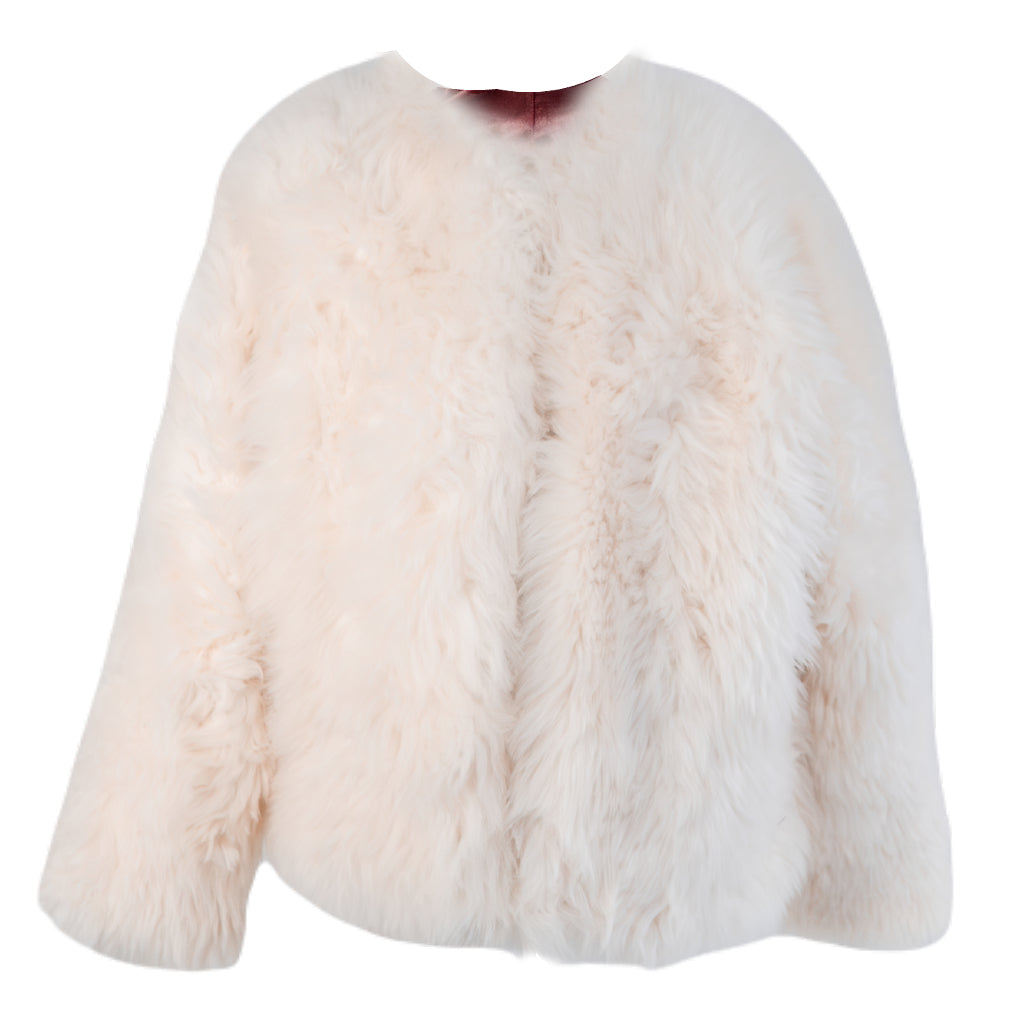What Is Fibre Shedding — And Why Should You Care?
Every time you wash your clothes, they shed tiny fibre fragments into the water. These particles break off from the fabric and go down your drain — but they don’t just disappear. Many end up in rivers, oceans, soil, and even your body.
This is called fibre shedding. And the latest global study by The Microfibre Consortium shows just how much different fabrics actually release during washing.
The Fibre Shedding Breakdown (by Fabric)
Here’s what the study found:
| Fabric Type | Microfibre Loss (g/kg) |
|---|---|
| Cotton | 0.842 |
| MMCF (SeaCell, Lyocell, etc.) | 0.659 |
| Polyester | 0.573 |
| Nylon | 0.532 |
Yes, cotton sheds the most. But that doesn’t mean polyester is the better choice.
Why Less Isn’t Always Better: What Polyester Sheds
While synthetic fabrics like polyester and nylon shed fewer fibres by weight, the ones they do shed are far more dangerous:
-
✕ They’re microplastics
-
✕ They don’t biodegrade
-
✕ They build up in our oceans, food chain, and even human tissue
-
✕ They can carry endocrine-disrupting chemicals into your body
Translation? They live forever — in the sea, in the soil, and in you.
Why ZUBEK Uses SeaCell, Wool, and Lyocell
At ZUBEK, we choose materials that are safe for skin, safe for the planet, and built to support your body — not pollute it.
We only use:
✓ 100% SeaCell — made from seaweed, moisture-activated minerals, and biodegradable performance ✓ Lyocell — soft, breathable, and cellulose-based ✓ Wool & Silk — protein-based, thermoregulating, naturally antibacterial
All are:
-
✓ Fully biodegradable
-
✓ Skin-safe and hormone-friendly
-
✓ Microplastic-free
Even if they shed slightly more, these fibres return to the earth. They don’t accumulate or harm.
The Problem With Cotton
While cotton is natural, it’s not always clean:
-
✕ It uses massive amounts of freshwater
-
✕ It sheds the most fibres during washing
-
✕ Conventional cotton is often treated with pesticides, toxic dyes, and formaldehyde finishes
At ZUBEK, we use organic, untreated cotton only — and only when it serves a functional, skin-safe purpose.
The Bottom Line
The clothes you wear don’t just impact your style. They impact your skin, your hormones, and the ecosystems around you.
At ZUBEK, we say no to polyester, spandex, nylon, and greenwashing. We say yes to fibres that move with your body — and break down when you’re done.
Detox your wardrobe. It starts with your second skin.
🖤 Our SeaCell activewear capsule drops June 1st → SIGN UP HERE
#ZUBEK #SeaCellActive #FibreShedding #SkinSafeStyle #DetoxYourWardrobe #MicroplasticFree #BiodegradableFashion #CleanClothing
























